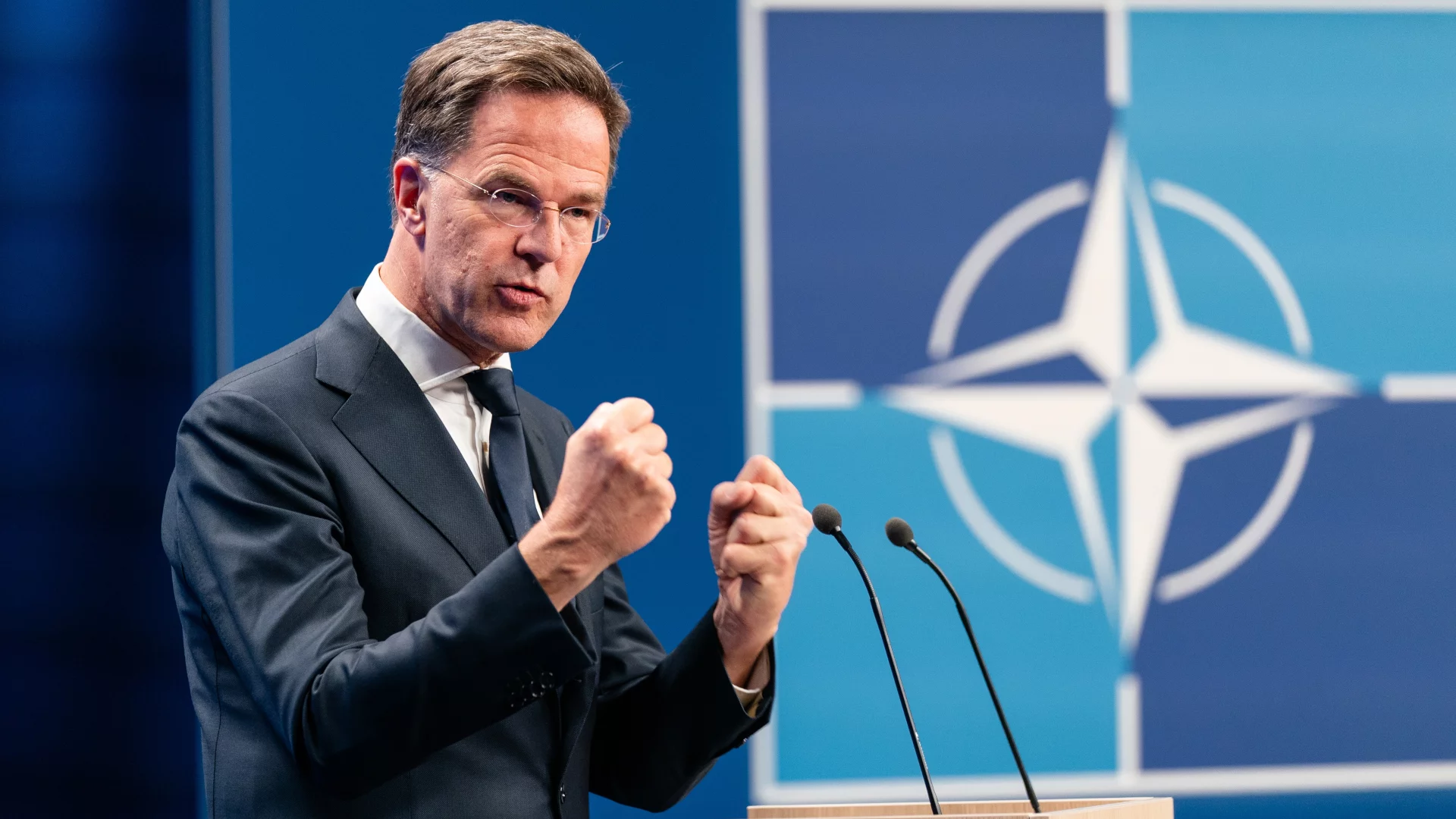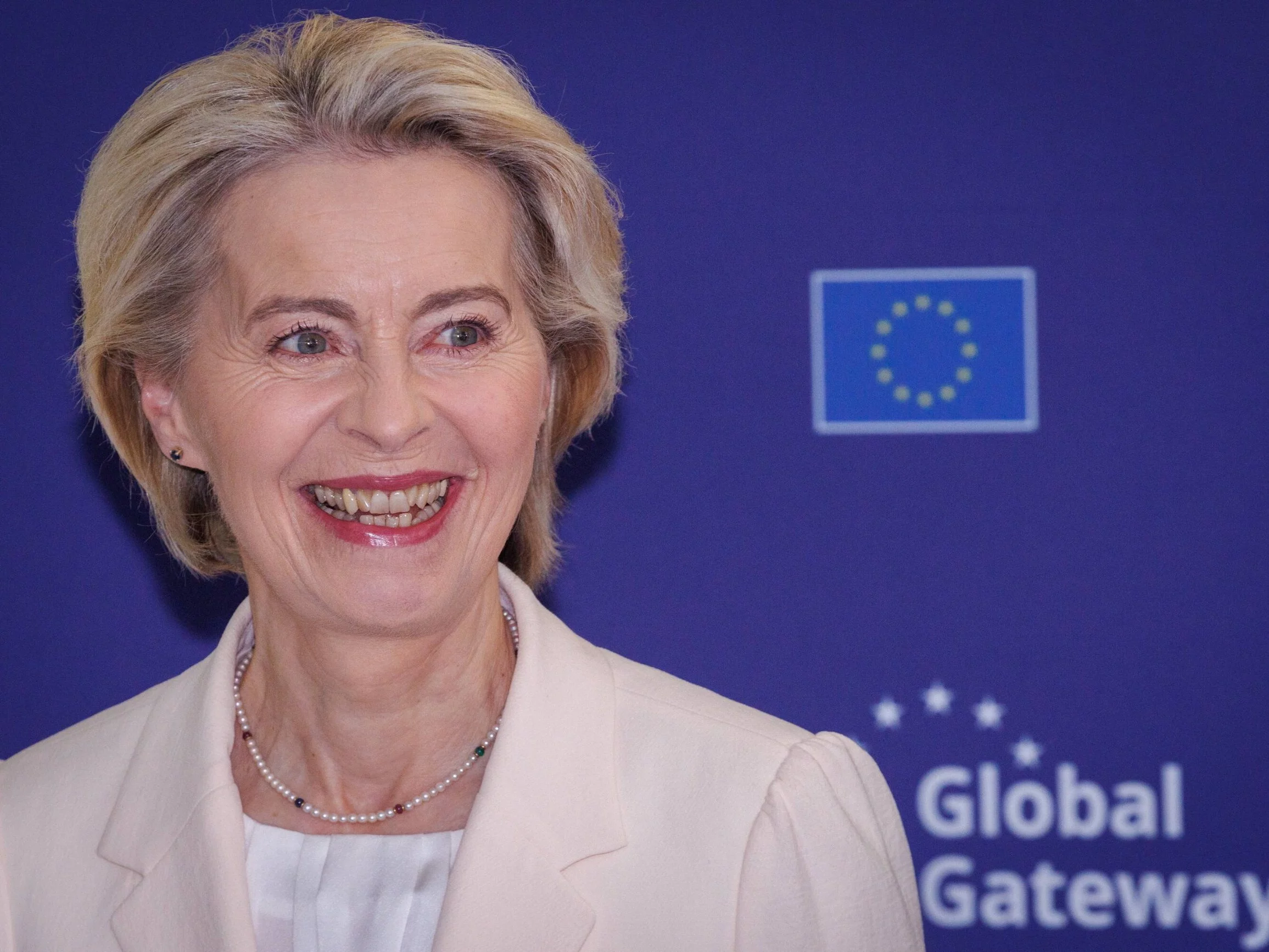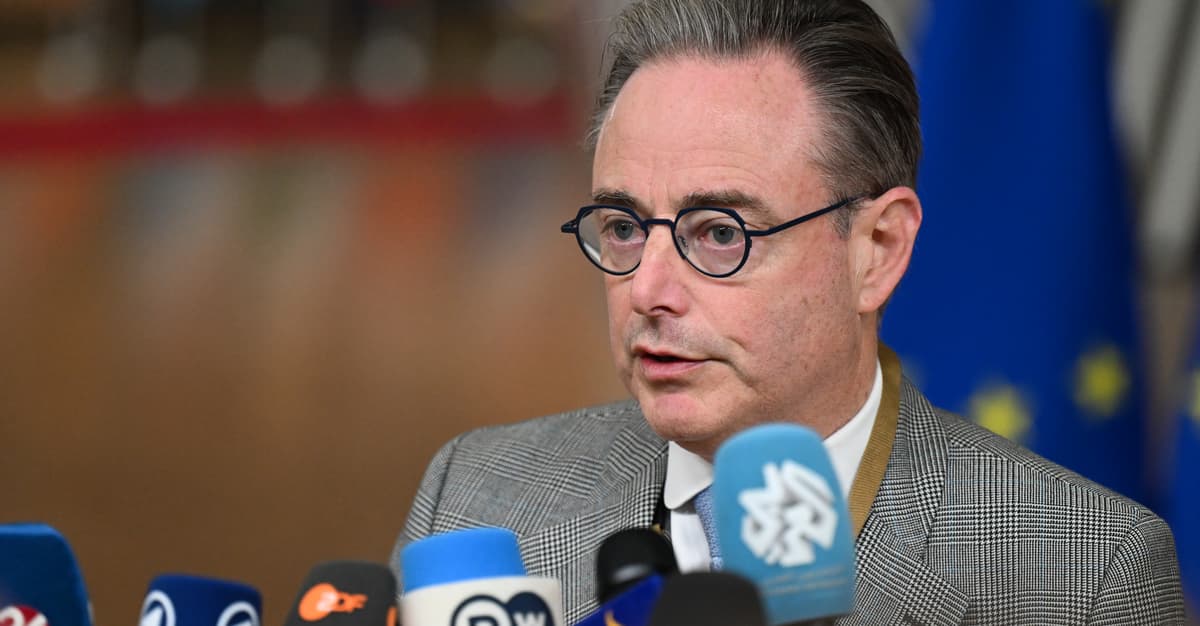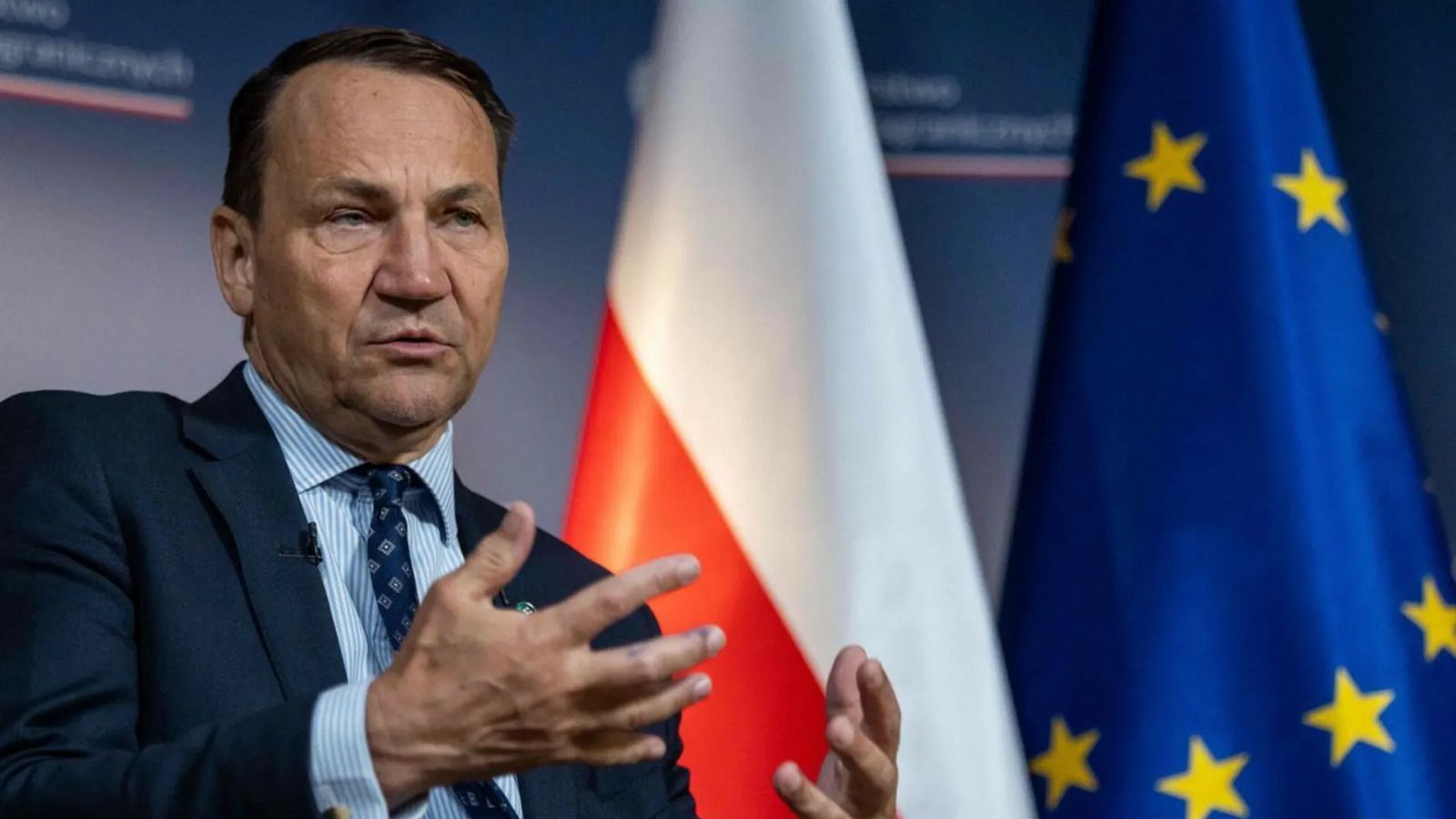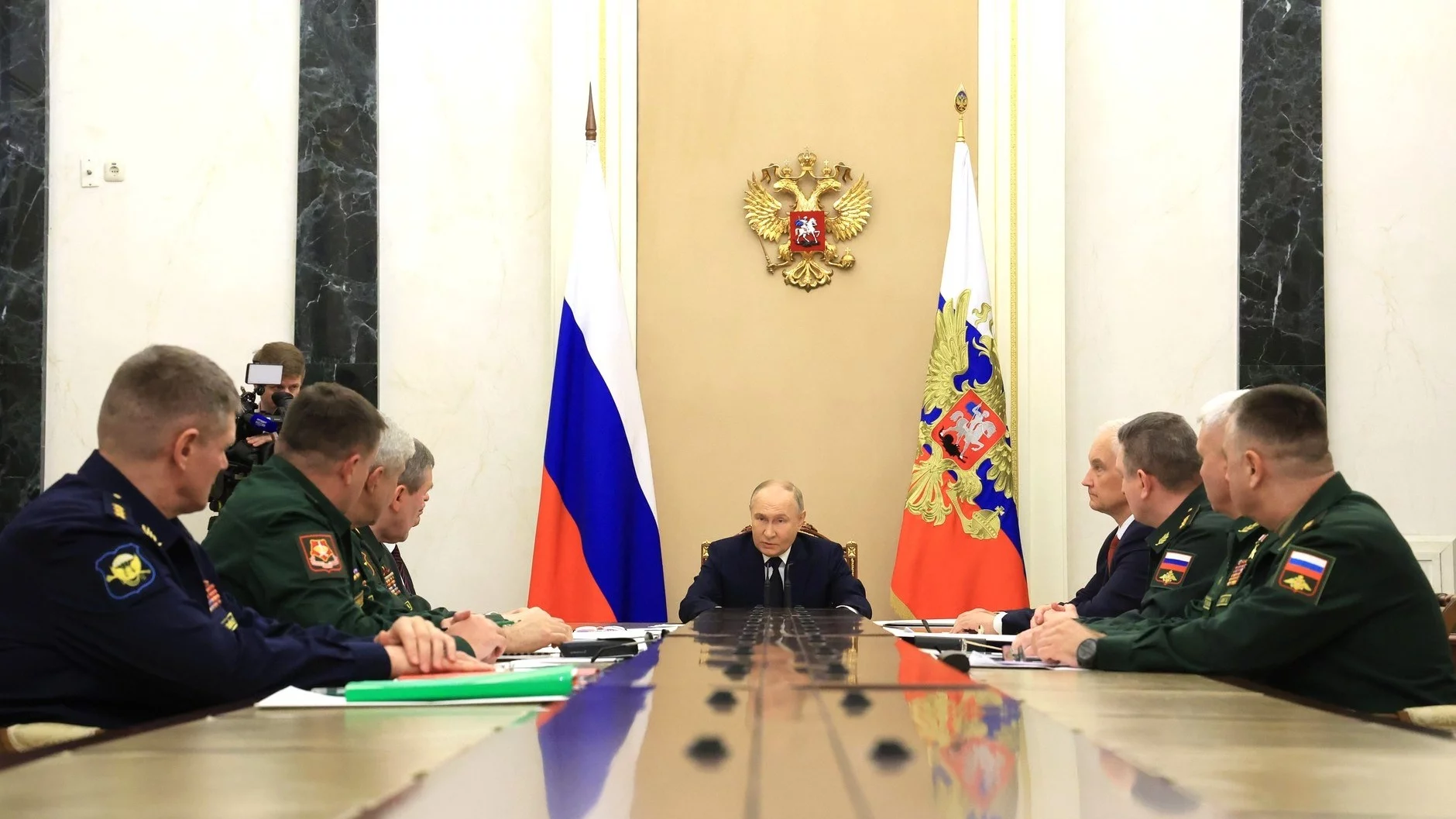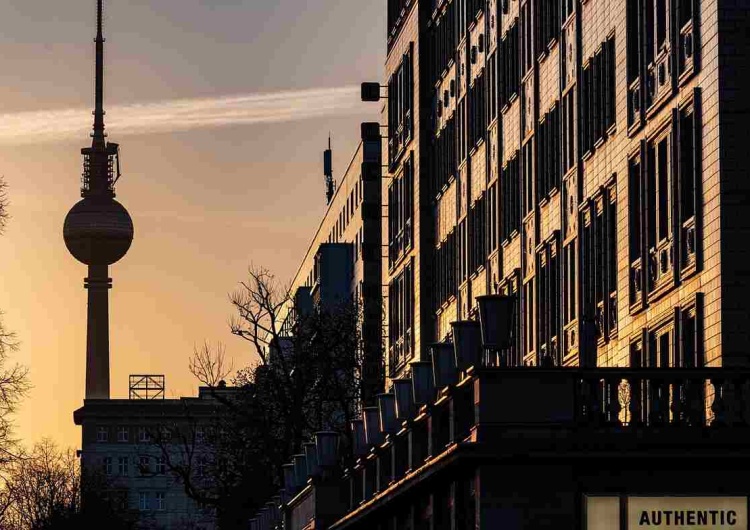It should be explained initially that any possible hypothesis about the actual course of events should be taken into account. The fact that 1 explanation seems more logical than another does not prejudge its veracity. However, below, in the most concise way possible, I present my own analysis of the phenomenon we had on 24 June 2023.
Why wasn't it Putin's plot?
In order to conclude that a given action was an intrigue, the question of what effect a given intrigue would have in mind. respective hypotheses have so far appeared on this subject (although there will surely be new, possibly more convincing ones with the events):
- Putin wanted to find out who was loyal to him in hard times and make clean ranks.
- The Primogyn action aimed to provoke the Ukrainians to proceed the offensive (military trap).
- Putin stated that he needed "soldiers cursed" for whom he would not be responsible, and who would be able to carry out actions which the dictator or Russia itself could not do.
- Putin wanted to send Lukashka a Wagner militia to better control Minsk or to overthrow the Belarusian dictator.
Undoubtedly, each of these hypotheses correlates with Putin's real intentions and his faithful actuators in the Kremlin. Certainly, the test of the credibility of the subordinates will always be useful, as will military success in the war, as well as greater freedom of military and political action thanks to its own "wretches" from which actions can be cut off.
However, in the second place, would it not be possible to solve these effects in a much little risky and costly way? After all, loyalty tests can be conducted even in the privacy of the offices. Military provocation can be carried out through a simple disinformation action, giving the opponent false plans, suggestions, signs and at the same time supporting them with branded actions (which is fundamentally standard practice throughout the past of wars).
Finally, Vladimir Putin did not request to deploy Wagnerocs in Belarus, as he had previously deployed the full army freely there. Lukashenko, on the another hand, had a very weak position in the country since 2020, so far he is very dependent on Putin.
At the same time, attention should be paid to the costs incurred by Putin as a consequence of the Primogyna rebellion:
- Vladimir Putin and the center of central power in Moscow have been Compromised in the eyes of partners (China), as well as countries that Russia would like to control (Central Asia, Armenia, Belarus).
- Prigozhina Precedent (open rebellion, and besides deficiency of immediate consequences) can break the door for future attempts to make a coup or subsequent rebellion within Russia due to discontent.
- Lukashenko gained towards Putin a small freedom of negotiation after Putin asked the Belarusian dictator to assist in mediation with Prigożyn, as well as to decision Belarusian peculiar forces to Moscow. It has already been reported that the payment for these services was to set the lowest gas price for Belarus.
- Putin's position towards regional warlords within the Russian Federation has declined significantly. They saw that the “imperator” had to ask Kadyrov for aid to send his militias to pacify the Wagners. What price will Putin gotta pay Kadyrov and another warlords to keep the empire whole? How much will Putin cost to realize that without them he could lose his power?
- The image of Russian service and army besides suffered After private armed militias occupied 2 large urban centres and performed a rally towards Moscow.
- The forces on the Ukrainian front have been weakened After the Wagners retreat. It is not known how rapidly the Russians will win in replacing Wagnerians erstwhile this happens and will it be possible at all? By then, the army will gotta take on the full burden of fighting, so it will besides endure greater individual losses. This in turn will translate into a negative impact on public support for war (family of victims). Simultaneously casus Wagner's groups may discourage people from joining this kind of formation.
- There was a fear in Moscow of creating fresh paramilitary groups, which in turn in the long word will reduce the options for the Kremlin's staff.
- As a consequence of the actions of the Primogyn, The Russians lost: a fuel depot (who blew up themselves), expensive helicopters and aircraft (shot by Wagners), damaged infrastructure (motorway to Moscow, as a consequence of dam construction).
- Putin committed to for the government and the chief of staff, which after execution will show his weakness and the fact that Rebellion pays off – results.
It is worth pointing out at this point that Putin's biggest image losses were not caused by the direct actions of the Primogyn, but by his own speech in which he called the rebels traitors and announced the consequences. These threats were compromised by the subsequent conclusion of a settlement with Prigożyn. Of course, the second cannot be certain of the safety guarantees promised by Putin. But if Putin had planned all this, he wouldn't gotta make a statement. Silence on his part would be interpreted as a sign of leadership in this intrigue. Meanwhile, Putin's reaction proved to be a mistake and appears to be a spontaneous consequence of panic and an effort to intimidate the Prigoshine.
Why wasn't it a test of the Forest?
If Putin didn't organize the rebellion, we'd take it as reasonable, then there are 2 another hypotheses. 1 of them is that any – strong – of the power community decided to go down. The Primogyn and his group of mercenaries were only meant to be a tool in this plan. This may indicate how easy it was to control Rostov over Don and Voronezh, as well as the fact that he only stayed about 200 km in front of Moscow.
In my opinion, however, we have not faced a coup effort for the following reasons:
- The goal of the coup is to change power. In a state led by a dictator, the goal is to overthrow a dictator. Consequently, the capture, killing, neutralizing or at least cutting the dictator off from being able to communicate with loyal allies are the precedence of the operation. Therefore, in order to start a coup, we must have a plan in this area that gives us a chance to succeed. In Russia, specified a plan would require control of services/military forces in Moscow itself. They'd ellipse around the Kremlin and endanger Putin directly. In another words, the coup would begin Moscow, and the actions of the Primogyn would only be background.
- Revealing the intentions and forces of the “pure” 1000 km from the capital and the place where the dictator resides is not a good idea.
- The march for “Moscow” for 1000 km gave Putin time to: organize defense, escape, consolidate forces (consultation with allies).
- The effort at the coup should be preceded by slogans against the power it intends to overthrow. In the case of the Primogyn, we had nothing like this. His narration had a individual effect and referred to his disagreements with circumstantial people around Putin, but did not hit Putin himself. There are no universal passwords that could carry the military or the full society. The speech was about peculiar interests and circumstantial errors made by certain environments (not Putin himself).
- Primogyn was lonely in this initiative from the beginning to the end, while his action and the chaos he caused will surely be utilized by "players" in the circles of power.
Why did the Primogyn origin rebellion?
Recognising that Prigozhyn was no one's tool but to act on its own initiative, the question of what motivation could he have had? What was his intent and the cost he was willing to bear? What could he gain, but lose?
The Primogyn himself and the series of events answered all these questions:
- Conflict with military parts and with the Shojgu Minister.
- The treatment of Wagner Group as the last in line for the food chain of army logistics, despite the fact that Wagnerians fought for a long time on the front line bearing the biggest losses.
- The emergence of conflict on the line of Prigożyn – Szojgu & Gierasimow. Media appearances of the Primogyn hitting opponents.
- An effort by Russian MON to bargain the army of Prigozhyn by demanding that by 1 July 2023 all volunteer troops sign contracts straight with MON.
In addition to these facts, the Primogyn besides explained that the army had bombed the Wagner camp. Which in turn leads to the conclusion that the head of the Wagner Group may have feared that his days were numbered. After hostile takeover of a private army, his life could be threatened. There is no uncertainty that Prigozhyn felt he had to take action before 1 July.
It is worth noting that according to the Prime Minister, Wagner Group troops were to disarm and sign contracts in Rostów over Don. That is why the Wagner militia concentrated in Donbasa on the border with Russia just towards Rostov. Which may have been an operation to confuse the Russian authorities about the intention of the Wagner march and put Moscow's attention to sleep. Primogyn moved with his private army to Rostov, but not to disarm and contract, and to take control of the city and the command of the army fighting in Ukraine.
It is worth noting here that:
- The start of the revolt as far as 1000 km from Moscow gave Putin time to reflect, react, and negociate with Prigozyn (which he most likely meant),
- The takeover of control of Rostov and Voronezh did not straight hit the power center (Moscow), but it complicated the situation of Russians on the front with Ukraine (in both cities of army command),
- The Primogyn had besides small force to successfully storm Moscow, and he inactive had to defend Rostov from Kadyrov's militias.
Everything looked a small desperate from the beginning. Fight for life. At the same time, the Primogyn surely made contacts with military men who could be in favour of his origin and curious in changes at the top of the MON and in the General Staff. However, this illusory support seems to have been the consequence of the Primogyn initiative, not the initiator of the full series of events.
In all this, attention should be paid to the fact that Vladimir Putin was able to destruct Wagner Group convoys headed for Moscow, for example through aviation. Which he didn't do. This could theoretically advocate an option of intrigue, but it should be pointed out that the attack on Wagnerians was the worst possible option regardless of what actually happened.
Putin may have attacked the front “heroes”, dealt with them and risked the full collapse of morale of soldiers and volunteers on the front in Ukraine. Then he would have won against Prigozhyn, but he could have lost the war and later besides lost power and life.
Definitely a better option was to let (for now) Prigożyn and Wagnerovs get distant with their insubordination. Of course, it is costly on many levels, but it provided a warrant of fast settlement and kept Russia in the war in Ukraine. Putin can regain his strong position on the global arena and inside Russia through a mention to triumph over Ukraine. Leaving this option could be worth temporarily weakening Putin's image.
Possible consequences of the actions of the Prigovina
There is no uncertainty that the precedent of the Prigoshine could have a bearing on Putin’s power. If the second fails to win in Ukraine, in the future it can face a real effort to carry out a coup. Since the reasonably weak Prigozhyn was able to make specified chaos and weaken the dictator, a individual with far greater influence, allies, as well as support, for example, from parts of the army could have a good chance of success.
Meanwhile, Vladimir Putin appears to be utilizing the Primogyn rebellion to consolidate power. Purges in political-force structures, as well as in order to stimulate society to greater: support and activity, to win the war in Ukraine and to keep Russia's power status.
It can besides be assumed that erstwhile Putin, on the 1 hand, forms a "black list" of disloyals, on the other, he will gotta agree to any compromises. Which will surely strengthen 1 of the factions competing against the Shojgu-Gierasimov duo.
But what I consider most crucial is that now Vladimir Putin will be even more determined to win an uncompromising triumph in Ukraine. Which does not exclude a tactical ceasefire, but in a fewer years – in my opinion – Putin will not quit on Kiev.
On the another hand, The Primogyn is aware that Putin's promises are worth as much as the life of Prigogyn is worth to the Russian dictator. Consequently, the ‘cooker’ may gotta prove to Putin that he inactive needs it. What in turn does not bode well neither Poland nor Lukashenko nor the Ukrainians (if it is actual that Wagner Group is moving to Belarus).
In my opinion, we are beginning to clarify certain processes on the basis of which we can put the thesis that Either Putin wins in Ukraine, or there is simply a advanced probability – bordering on certain – that individual will follow in the footsteps of the Primogyn and revolt in Russia. And seriously, without the intention of asking for the grace of the Kremlin. Saturdays events are 1 of the many elements of a large puzzle which may in the future consist of a painting entitled "Russian decay", as I have written many times, including in the "Third Decade", in which I besides predicted a full-scale Russian invasion of Ukraine.
We must besides remember that the further the position of events of June 24, the more hypotheses may emerge. For with the passing of time it will be better to see who gained and who lost at the Wagner rebellion. Although, of course, the fact of gain or failure alone does not find anything.
Krzysztof Wojchal
geopolitics, economy, law, taxes – blog

